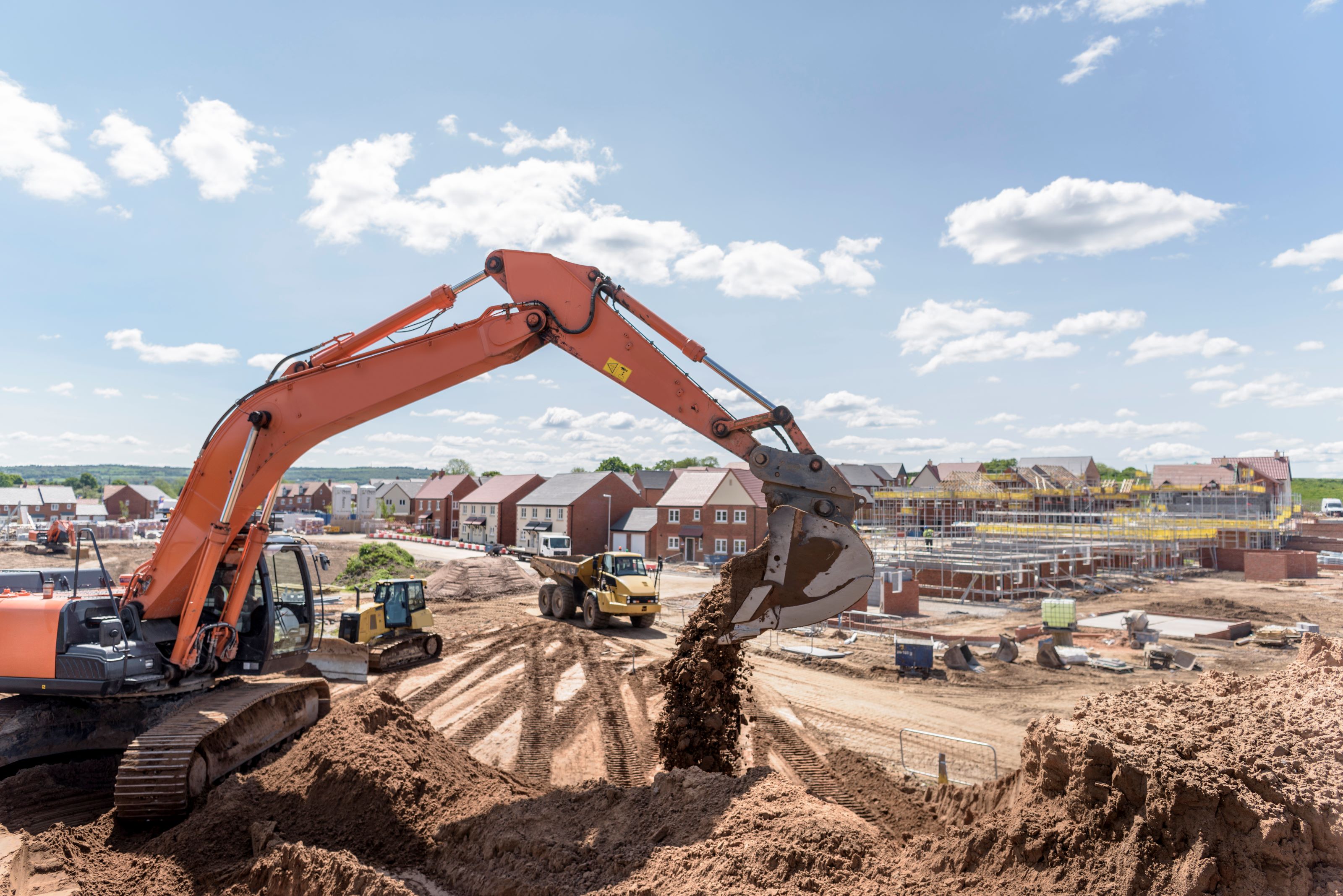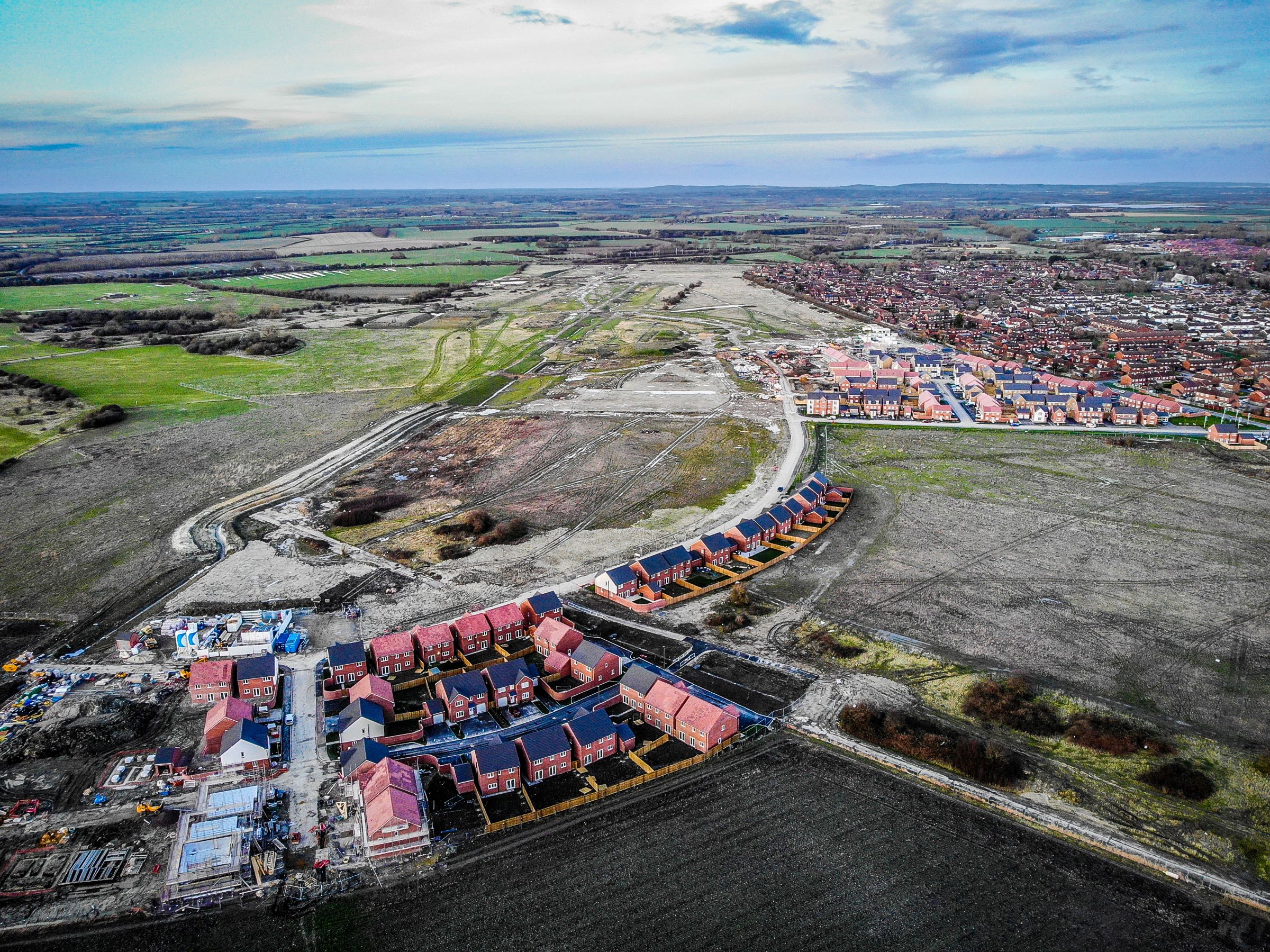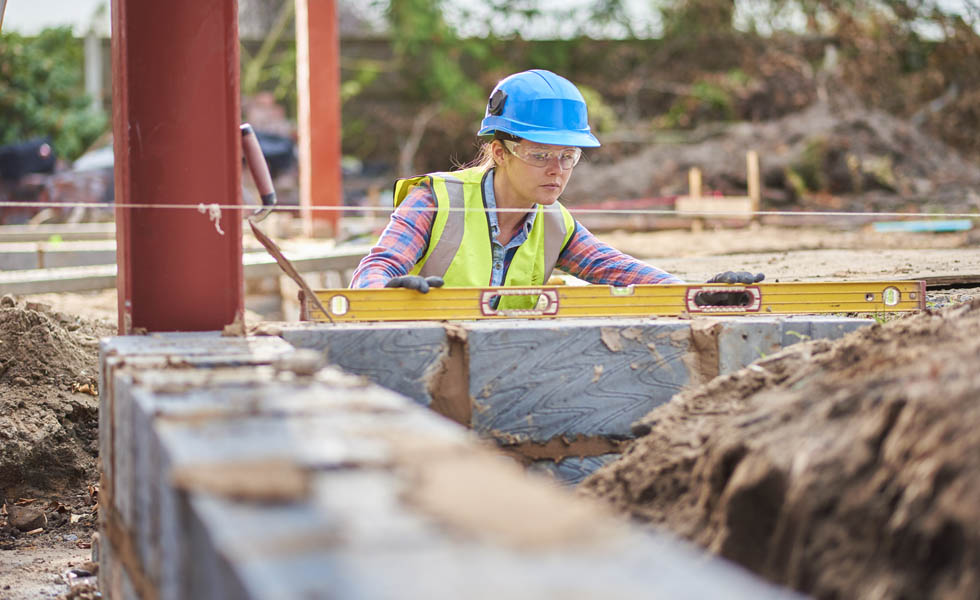Levelling up: How will the government's new bill affect your homebuilding project?
The levelling up bill has introduced a number of changes that will influence homebuilders and we guide you through the main takeaways from the government's plans to 'revitalise' Britain

The government's Levelling up and Regeneration Bill has been announced, bringing a range of reforms to the UK homebuilding sector.
The Department for Levelling Up, Housing and Communities says its pledges will shift government focus and resources to Britain’s forgotten communities throughout the 2020s.
As part of the Levelling Up and Regeneration Bill a number of planning reforms have been announced in an attempt to speed up the planning process, as well introducing 'design codes' for each local planning authority to give greater control to residents over the changes that will be made to their areas.
The Housing Secretary, Michael Gove, said: “Our landmark Levelling-Up and Regeneration Act will deliver more homes for communities across the country and unleash levelling up in left-behind places.
“It will deliver revitalised high streets and town centres. A faster and less bureaucratic planning system with developers held to account. More beautiful homes built alongside GP surgeries, schools and transport links, and environmental enhancement.
“Communities taking back control of their future with new powers to shape their local area. And our long-term levelling up missions enshrined in law.”
Here’s what you need to know about the key housing policies announced.
Get the Homebuilding & Renovating Newsletter
Bring your dream home to life with expert advice, how to guides and design inspiration. Sign up for our newsletter and get two free tickets to a Homebuilding & Renovating Show near you.
Changes brought to the planning process
The act aims to simplify and speed up the local planning process by removing barriers to applicants to increase the number of planning permissions granted and reduce workloads for local councils.
In order to do this there will be fewer requirements for evidence during the planning application stage and a more concentrated early-stage planning. The goal is for plans to be adopted within 30 months.
The duty to cooperate between authorities regarding housing needs will be removed. This means that one authority won't have to work with its neighbours to fulfil its housing requirements as was previously required.
Planning authorities will have more authority to address breaches in planning rules and processes as well as receiving £37.5 million to bolster staffing and £24 million to tackle the backlog of applications.
Although, planning fees for major and minor applications are to be increased by 35% and 25%.
The act will also modify the National Policy Planning Framework, eliminating the need for a rolling five-year housing land supply if the local plan is up to date.
Design codes and 'street votes'
Each local planning authority must create a design code specific to its area. These codes will become a part of either the local plan or an additional supplementary plan.
The act introduces 'street vote' powers, where a “street vote development order” will aim to empower residents living on a particular street to propose and initiate redevelopment plans for their properties according to their preferred designs.
This means that the people who live on a street will have a say in the changes and improvements made to the area, aligning with their design choices and preferences.
New Infrastructure Levy
A new infrastructure levy will be introduced to replace the current Community Infrastructure Levy.
This introduces a new way of calculating developer contributions towards affordable housing and infrastructure, replacing current arrangements under Section 106.
However the levy, which will be charged on the value of a property when it is sold, will not now be introduced fully for a decade.
Locally-produced ‘infrastructure delivery strategies’ will determine where and how infrastructure spending is allocated.
Brownfield funding revealed
The government plans to build more than 6,000 new homes on brownfield sites, through money given to councils to transform unused land.
Nearly 100 regeneration projects will receive £60 million from the DLUHC as part of the second phase of the £180 million Brownfield Land Release Fund, with cash going directly to councils so they can release the land and get building as soon as possible.
The funding will help revitalise neglected areas like old car parks, industrial sites, and rundown town centre buildings. The government is dedicated to prioritising these areas to create homes, aligning with its long-term housing plan.
Minister for Housing and Planning, Rachel Maclean MP said: "We know we need to build more homes, but this cannot come at the expense of concreting over our precious countryside.
"That is why we are doing all we can to make sure we’re making use of wasteland and unused brownfield land, so we can turn these eyesores into beautiful and thriving communities.
"This is all part of our long-term plan for housing – making sure we deliver the homes we need across the country."

In further changes to plans to build on brownfield land the 80/20 rule has also been scrapped.
This brownfield funding had previously been directed towards London and the South East, in practice, under the ‘80/20 rule’, whereby 80% of government funding for housing supply is directed at "maximum affordability areas".
But this rule will be scrapped under the new changing to the building reforms in the Levelling Up Bill. A total of seven mayoral combined authorities in the North and Midlands will now receive £120m to deliver 7,800 homes on disused brownfield land.
Levelling Up Home Building Fund
The £1.5bn Levelling Up Home Building Fund, first announced in 2020, will provide loans to SME builders working in priority levelling up regions.
The government hopes that this will lead to 42,000 new homes being delivered that could otherwise not have received funding.
In response, Brian Berry, chief executive of the Federation of Master Builders, said: “For local housebuilders, loans through the Home Building Fund should be targeted at reversing the decline in SME housebuilders, who are now delivering only 12% of our housing stock, down from 40% in the 1980s.
“Local housebuilders develop on underutilised land that will be vital for hitting housing targets. However, these plans must make sure we’re helping to deliver new homes where demand is highest.”

The Decent Homes Standard
All homes in the private rented sector will have to meet a minimum standard known as the Decent Homes Standard, to reduce the number of poor-quality homes over the next eight years. An estimated 800,000 renter properties could be upgraded as a result.
In June 2023, the government initiated a renewed examination of the Decent Homes Standard. This re-evaluation will encompass several changes, including:
- A revised catalogue of essential elements that must be maintained in good condition for a home to meet the criteria of being 'decent.'
- An updated index of amenities and utilities that every property must possess, aligning more accurately with contemporary expectations of a 'decent' home.
- Assessment of whether the existing Decent Homes Standard effectively addresses concerns regarding dampness and mould to ensure resident safety.
What else?
- The UK will have nationwide gigabit-capable broadband and 4G coverage, with 5G coverage for the majority of the population
- As part of private rented sector reform, Section 21 ‘no-fault’ evictions will be abolished, while ministers will also consult on introducing a landlords register and will “set out plans for a crackdown on rogue landlords”
- The government says it will further commit to building more genuinely affordable social housing.
Jack has worked in journalism for over a decade and was the former News Editor of Homebuilding & Renovating between 2019 until 2023. In his time as News Editor he broke the most relevant and beneficial stories for self builders, extenders and renovators, including the latest news on the construction materials shortage, planning permission and green initiatives. In 2021 he appeared on BBC's The World at One to discuss the government's planning reforms.
He enjoys testing new tools and gadgets, and having bought his first home in 2013, he has renovated every room and recently finished a garden renovation.

